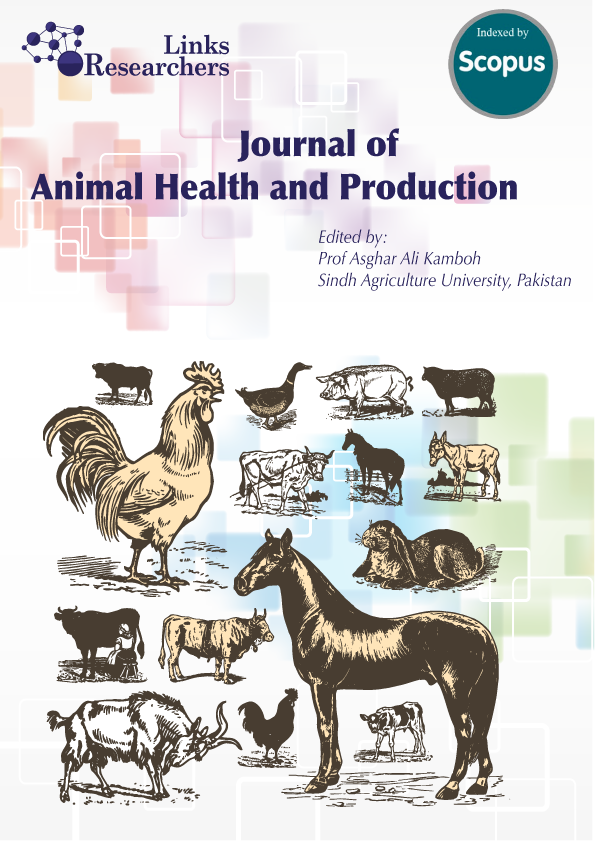On a global scale, milk is an essential and basic source of food nutrition. It is not only rich in high-quality protein but also an excellent source of vitamins and minerals. One of the most important causes of food poisoning is the contamination of milk with pathogenic microorganisms. Serratia marcescens is a significant but less studied bacteria in public health. This pathogen causes milk contamination and infects humans and animals. However, studies are less common and therefore, this study aims to investigate Serratia marcescens in raw, pasteurized, and mastitis milk. Additionally, to identify how resistant Serratia is to antibiotics, whether the isolates contain beta-lactam resistance genes, and detect the bsmB gene for protease and lipase production. We collected 200 milk samples from various areas of Basrah. We found and confirmed Serratia marscecens in 11 (5.5%) of the 200 milk samples by growing them, staining them with gram stain, and then identifying them by PCR with specific primers and sequencing. We also used the disk diffusion method to investigate the antibiotic resistance of the isolates. The results showed that the isolated strains were sensitive to gentamycin (5/11, 45.45), imipenem (11/11, 100%), and Cefotaxime (8/11, 72.72%). All isolates shared ampicillin, amoxicillin, penicillin G, oxacillin, amikacin, and neomycin as the most common resistance. Additionally, the presence of beta-lactam resistant and virulence genes was examined. 90.90% of isolates carried the blaTEM gene. A total of 18.18% carried the blaSHV gene and 27.27% carried the blaCTX-M1 while the bsmB gene was detected in all isolates. These findings indicate the significance of Serratia marcescens in both animal health and public health.
Keywords | Milk, Serratia, Resistant, Beta-lactam, Protease, Lipase






